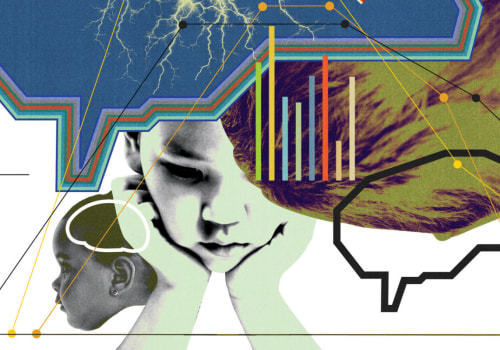Addiction is a complex phenomenon that involves an intense craving for something, a lack of control over its use, and continued engagement in it despite adverse consequences. It has a lot to do with the brain's chemistry, as it is designed to reward us when we do something pleasurable. This reward system is associated with changes in the function of the brain circuits involved in pleasure, learning, stress, decision-making, and self-control. Genetics also play a role in addiction, as certain types of genes can increase the risk of developing an addiction disorder.
Research has shown that addiction is a long-term brain disease, and current treatments can help people manage their addictions. Not everyone who uses substances becomes addicted, but if you are already at risk, this is where the addiction cycle can begin. The 13 principles of effective drug addiction treatment were developed based on three decades of scientific research. Addiction is highly treatable, but treatment must be based on evidence and best scientific practices. Medications can also make a difference in treating addiction.
While treatment modalities differ depending on a person's history and the particular addiction they've developed, medications can make a difference. It's important to remember that addiction has always been a disease, even when our health care systems were very hostile to the idea, and even when the people that American culture primarily associated with drugs and addiction were black or Latin American people.






